On Feb. 20, the NCAA Women’s Volleyball Rules Committee released a new and impactful rule for women’s collegiate volleyball. This rule, known as the doubling rule, has changed how the game is played. Andrew Fuller, men’s volleyball head coach, said although the rule is new, the idea of it is not necessarily unknown.
“So the reality of the situation is it was a rule that they were trying out in the international leagues so it’s not new to volleyball coaches,” Fuller said.
The double-touch rule, as described by Fuller, means that if a player is making a simultaneous move on the ball and if the hands or a body part of the player touches the ball more than once it is allowed if the ball does not go over the net.
In simpler terms, he said, “Pretty much now setters can now double the ball and have spin on it.”
Even though Fuller has a positive viewpoint on this new rule, the overall viewpoint of the rule differentiates player from player. Rose Hulman Institute of Technology women’s volleyball commit and senior Aurora Schmidt, is she said not too surprised by the rule and thinks it is reasonable.
“I know people are upset about it, which I think is an overreaction because it is still only in college,” Schmidt said, “Most of the college setters have been setting for most of their lives, so they have gotten enough reps to not typically double so it’s not even really commonly seen in the game.”
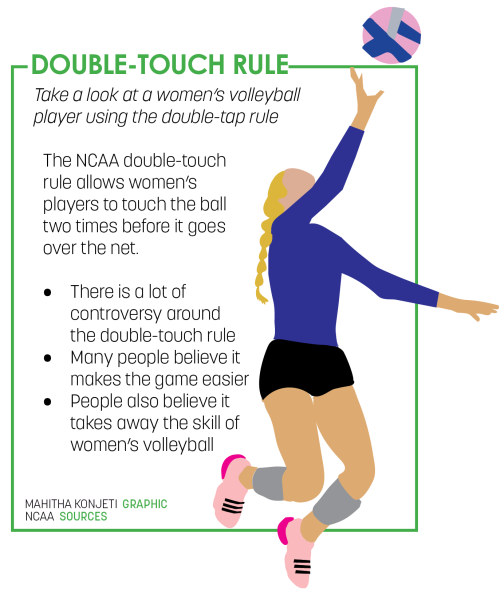
Schmidt said that she believes that the new rule is only getting a large reaction because it involves altering a rule that has been in place for a long time.
“Honestly I think it is just the principle of, ‘Oh you’re changing the rules,’ We personally are still practicing the same we did before the rule was released,” she said.
On the other hand, Berit Van Beynen, North Central Indiana Sand Volleyball Club club volleyball player and junior, said she has taken a dislike to this rule and said it should be thrown out.
“They made the rule so there could be more playing opportunities, but that is just making the game easier which I think is not how sports should be,” she said.
Van Beynen said she believes the rule will not be followed by the masses,
“There was another rule where they tried to make doubling with setting legal, but it sort of turned into, ‘Who cares this isn’t how volleyball is supposed to be played,’” she said, “and it was boycotted, which I believe is going to happen with this rule too.”
Fuller says he ultimately believes the rule will improve the game. A position players once feared, will now become one where more players are relieved to play. This new rule is only applicable to women’s collegiate volleyball, but Fuller says he thinks it will be incorporated into women’s high school volleyball as well,
“The IHSSA (Indiana High School Athletic Association) tends to be a few years behind, so I think it will be incorporated,” he said, “but, honestly, now I think it’s just going to be protecting officials on judgment calls, so as coaches we should just be able to not worry about bad technique on the other side, and just really focus on our team.”


















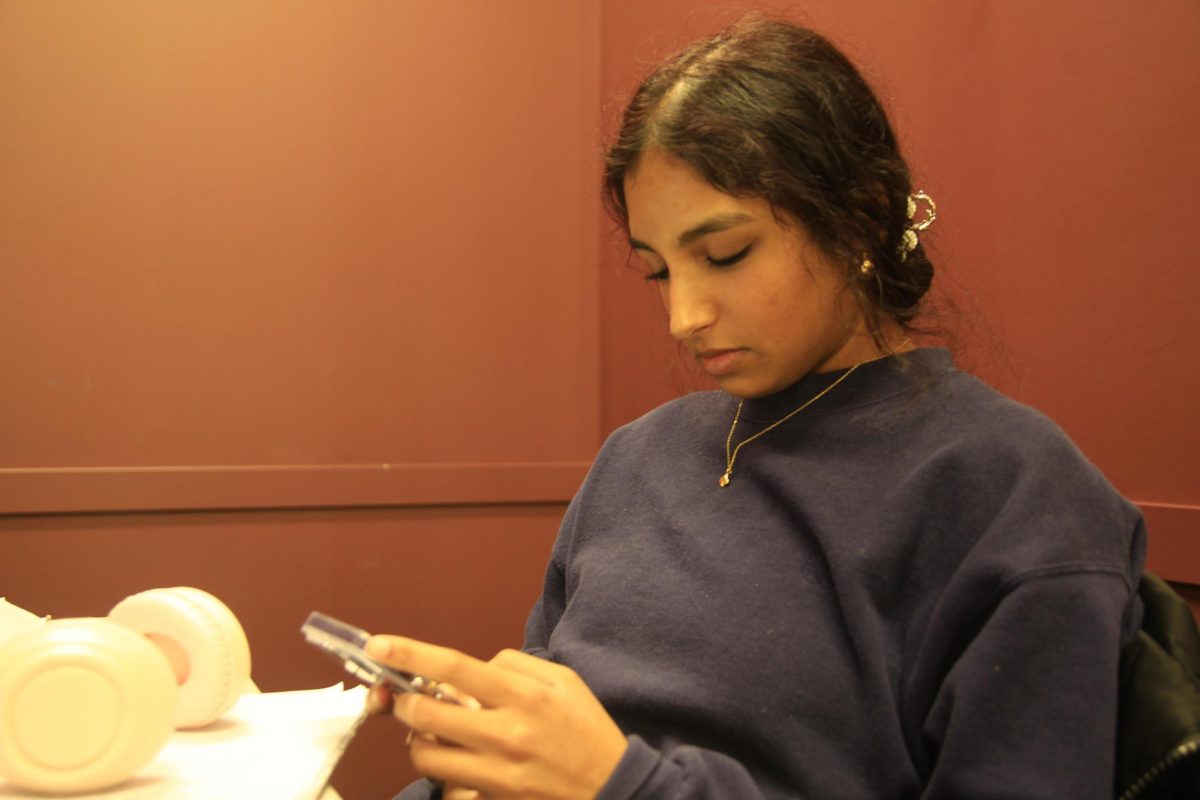
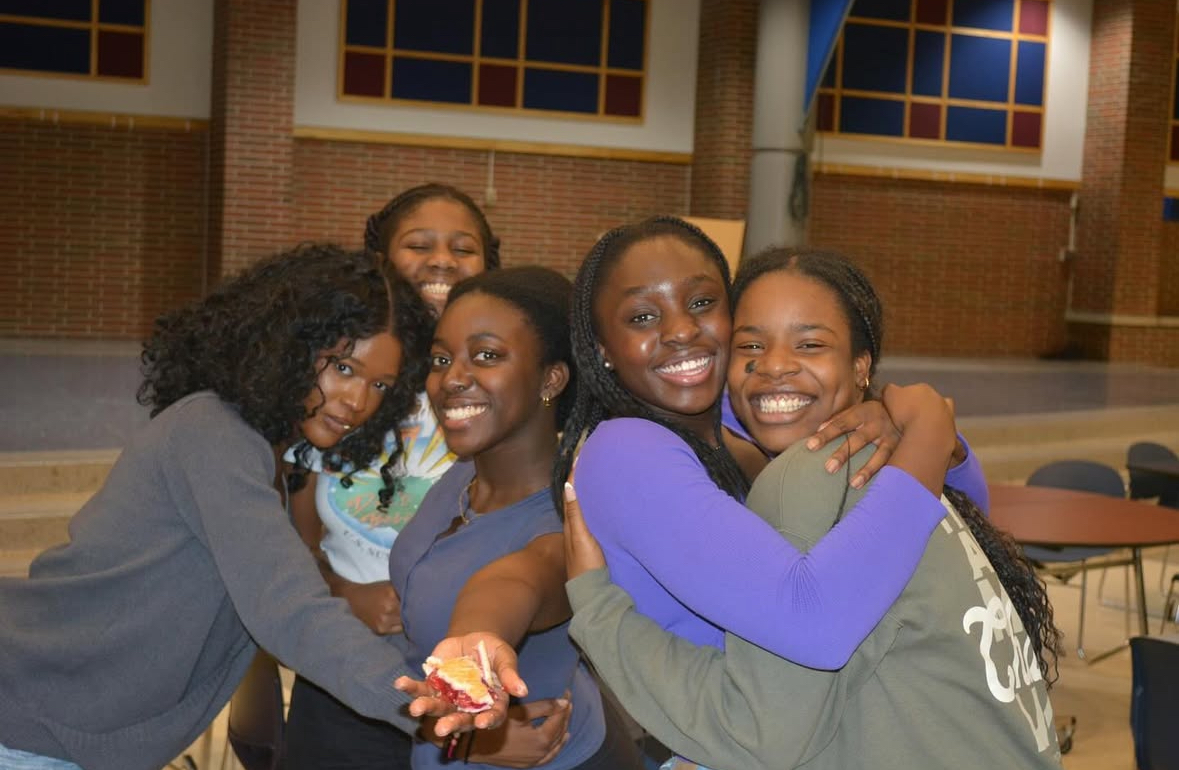

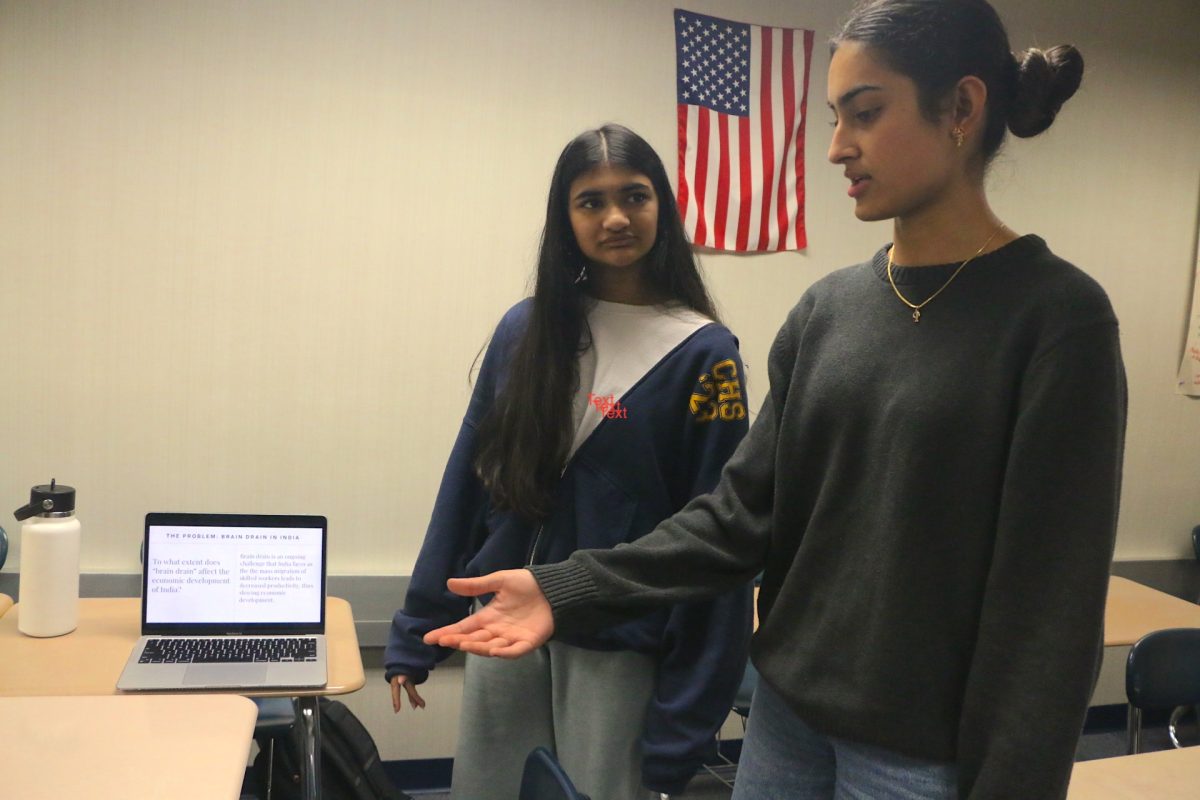

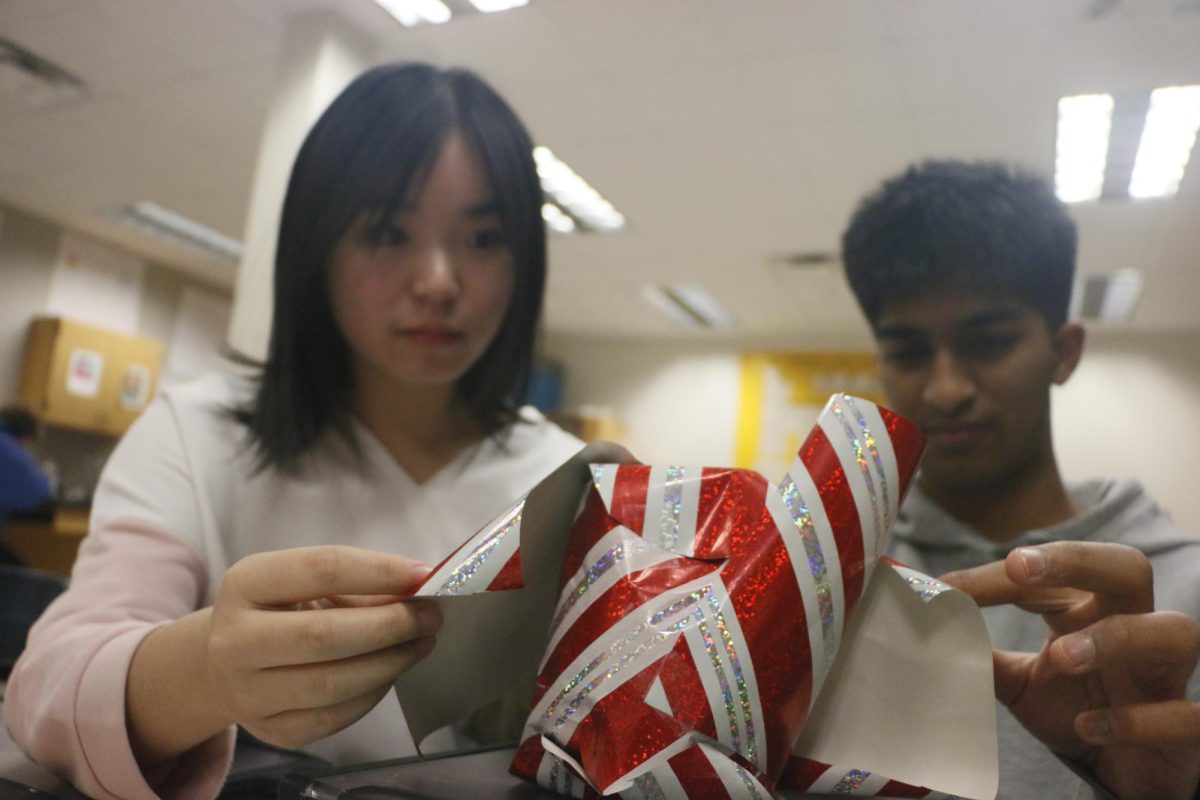

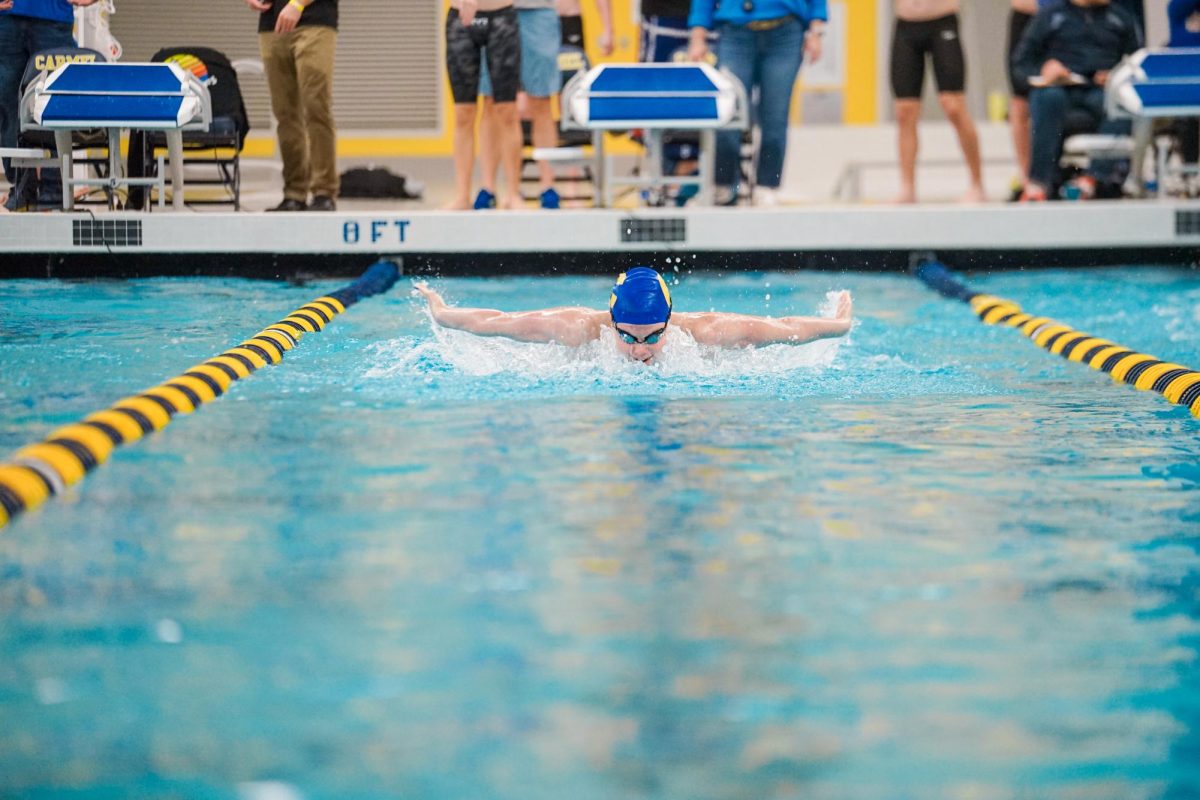
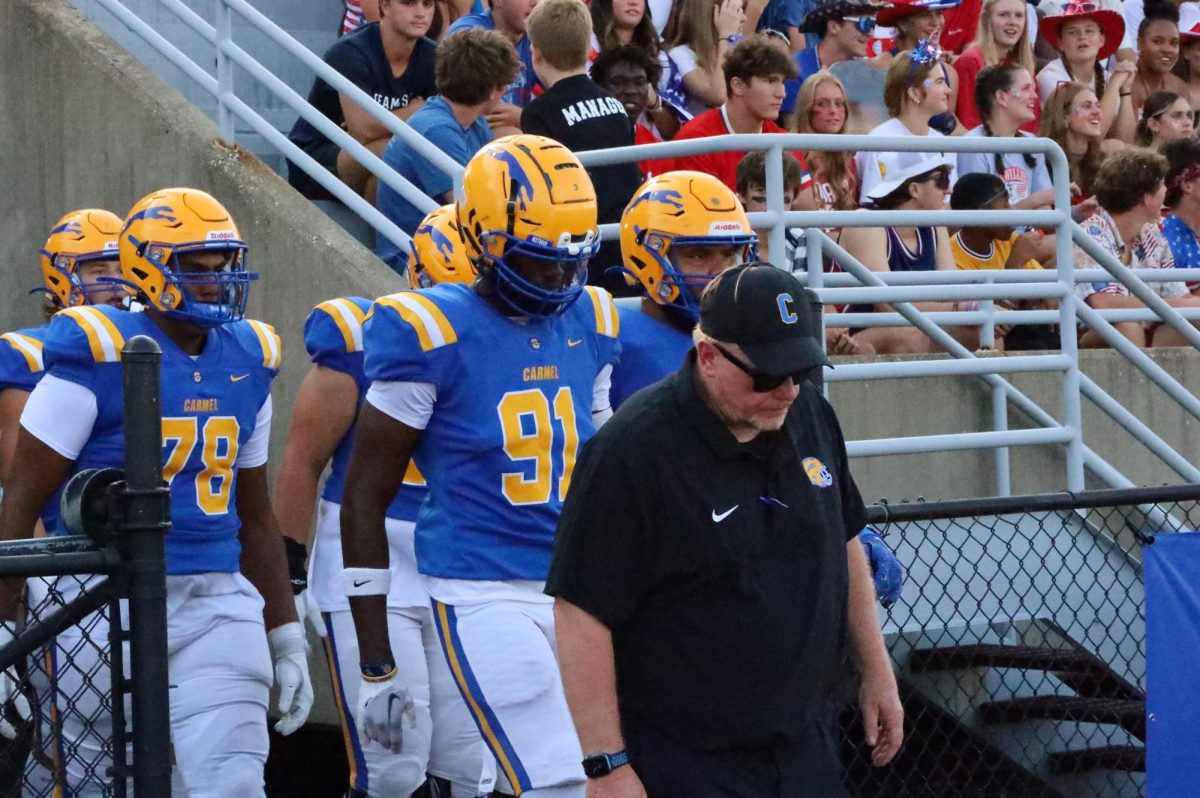
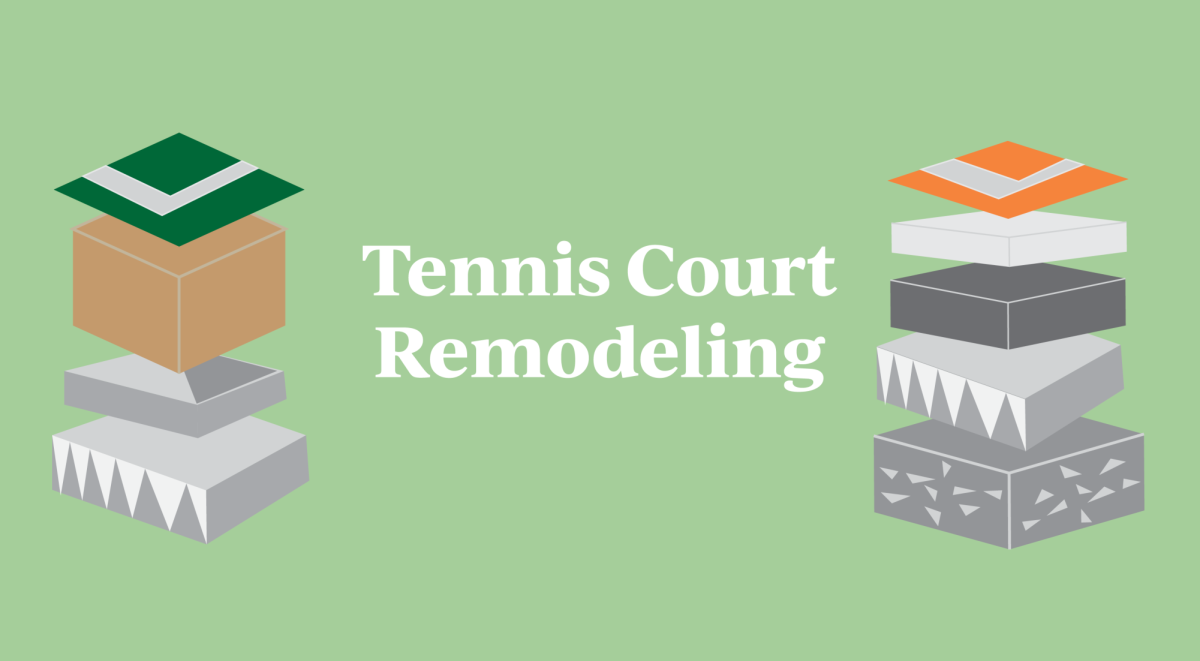

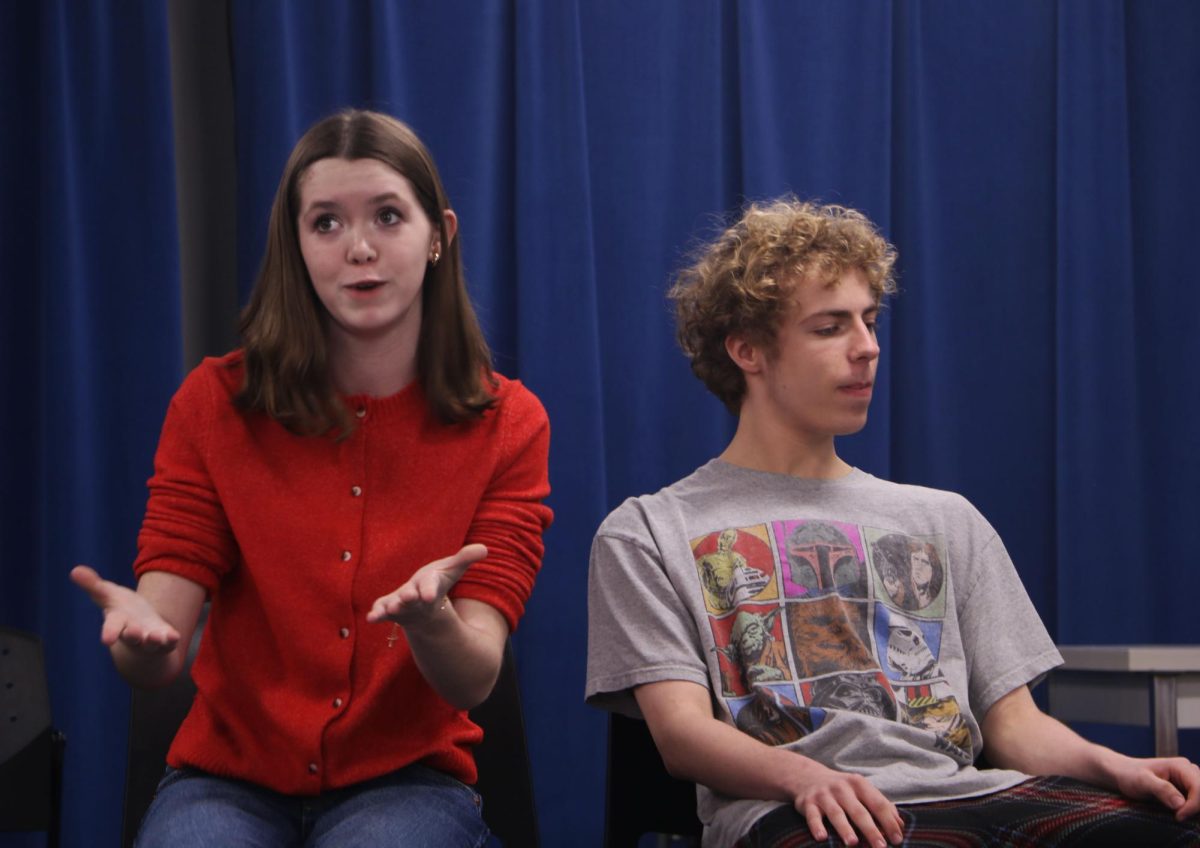
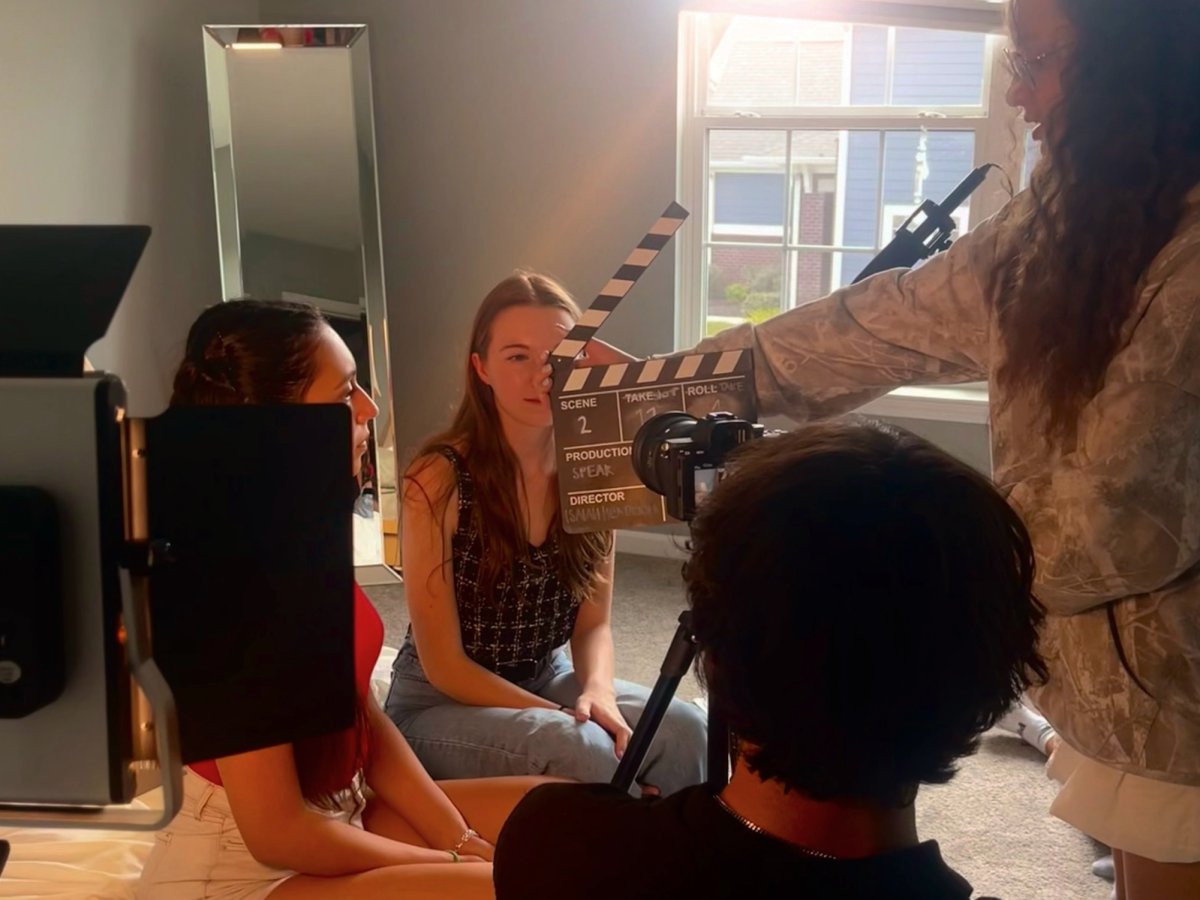





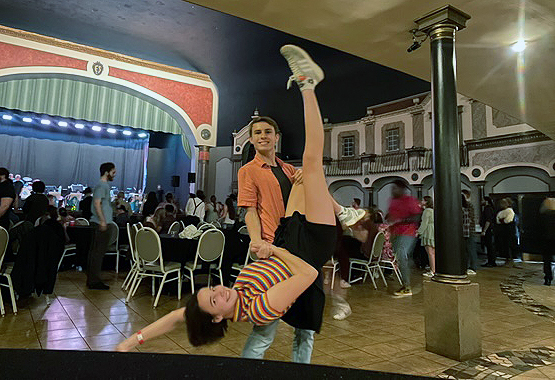




















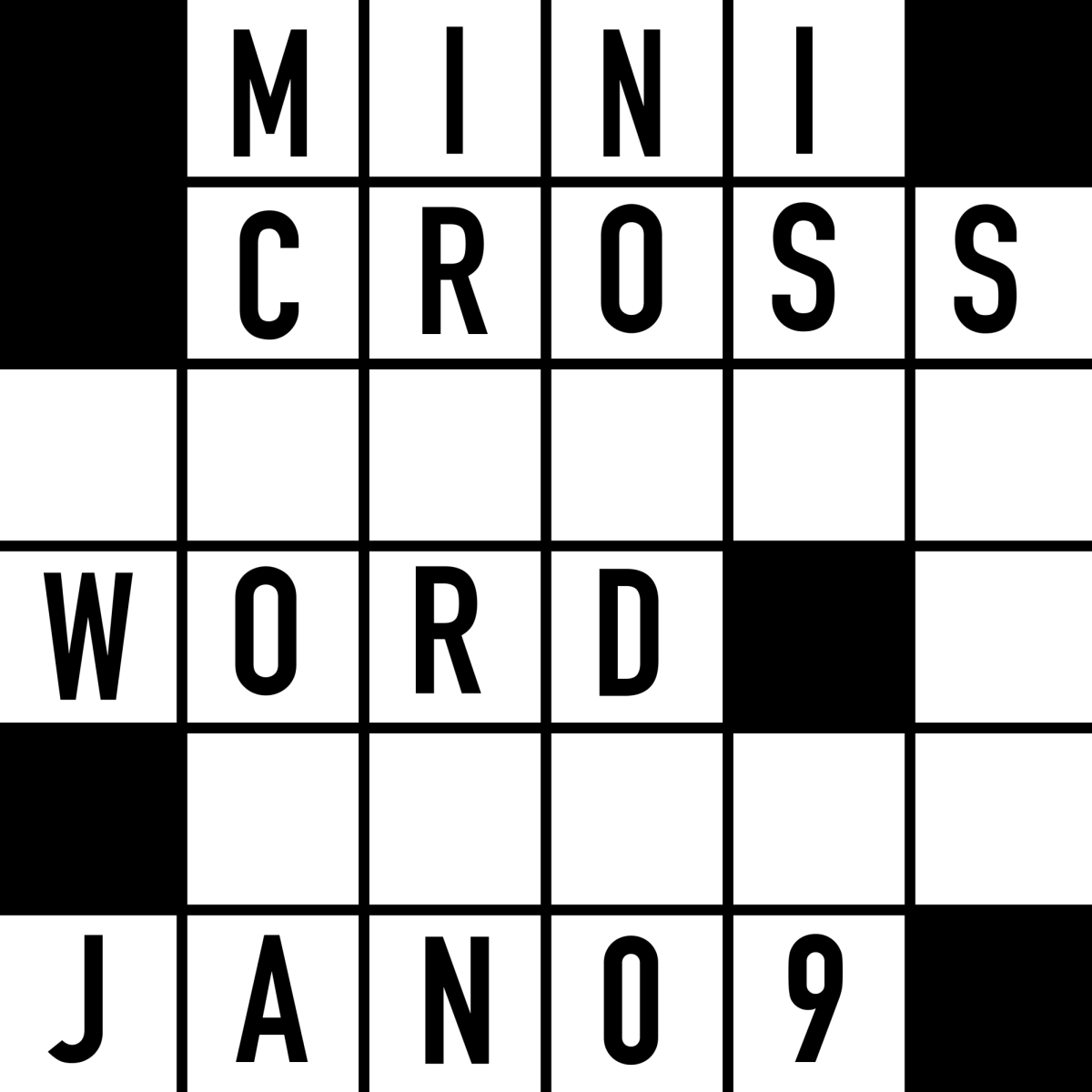




















![Review: “Transformers One” is a refreshing and exciting addition to the franchise [MUSE]](https://hilite.org/wp-content/uploads/2025/01/unnamed-3.png)
![Review: “Journals” is the gift that keeps on giving [MUSE]](https://hilite.org/wp-content/uploads/2024/12/monkey.jpg)
![Review: “Sonic 3” does everything great from the past two movies, and arguably even better [MUSE]](https://hilite.org/wp-content/uploads/2025/01/unnamed-2-812x1200.png)
![Review: Who should have really won season 33 of "Dancing with the Stars"? [MUSE]](https://hilite.org/wp-content/uploads/2024/12/Dancing-with-the-Stars-Photo-1200x657.png)
![Review: "Wicked" is a worthy adaptation of a legendary musical [MUSE]](https://hilite.org/wp-content/uploads/2024/12/Screenshot-2024-12-23-at-6.00.53 PM-1200x793.png)
![Review in Print: Maripaz Villar brings a delightfully unique style to the world of WEBTOON [MUSE]](https://hilite.org/wp-content/uploads/2023/12/maripazcover-1200x960.jpg)
![Review: “The Sword of Kaigen” is a masterpiece [MUSE]](https://hilite.org/wp-content/uploads/2023/11/Screenshot-2023-11-26-201051.png)
![Review: Gateron Oil Kings, great linear switches, okay price [MUSE]](https://hilite.org/wp-content/uploads/2023/11/Screenshot-2023-11-26-200553.png)
![Review: “A Haunting in Venice” is a significant improvement from other Agatha Christie adaptations [MUSE]](https://hilite.org/wp-content/uploads/2023/11/e7ee2938a6d422669771bce6d8088521.jpg)
![Review: A Thanksgiving story from elementary school, still just as interesting [MUSE]](https://hilite.org/wp-content/uploads/2023/11/Screenshot-2023-11-26-195514-987x1200.png)
![Review: "When I Fly Towards You", cute, uplifting youth drama [MUSE]](https://hilite.org/wp-content/uploads/2023/09/When-I-Fly-Towards-You-Chinese-drama.png)
![Postcards from Muse: Hawaii Travel Diary [MUSE]](https://hilite.org/wp-content/uploads/2023/09/My-project-1-1200x1200.jpg)
![Review: "Ladybug & Cat Noir: The Movie," departure from original show [MUSE]](https://hilite.org/wp-content/uploads/2023/09/Ladybug__Cat_Noir_-_The_Movie_poster.jpg)
![Review in Print: "Hidden Love" is the cute, uplifting drama everyone needs [MUSE]](https://hilite.org/wp-content/uploads/2023/09/hiddenlovecover-e1693597208225-1030x1200.png)
![Review in Print: "Heartstopper" is the heartwarming queer romance we all need [MUSE]](https://hilite.org/wp-content/uploads/2023/08/museheartstoppercover-1200x654.png)




